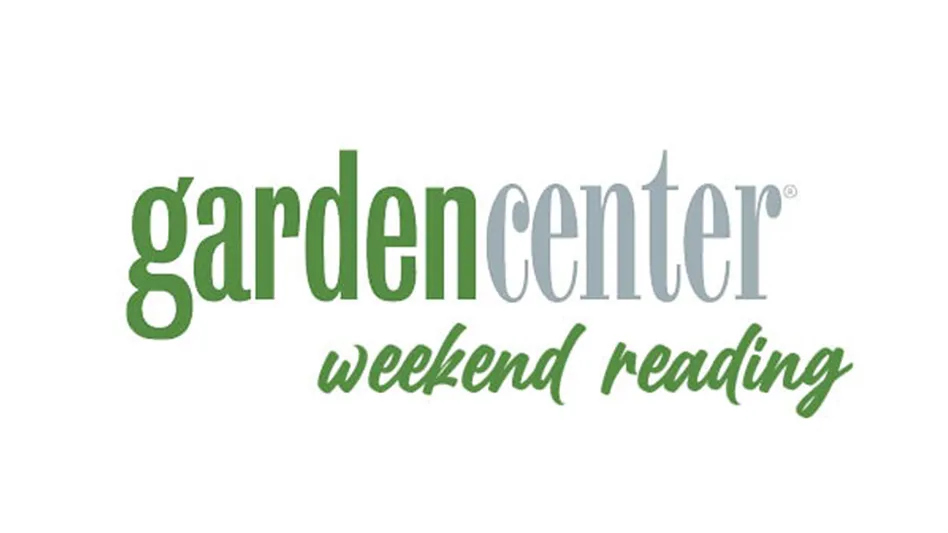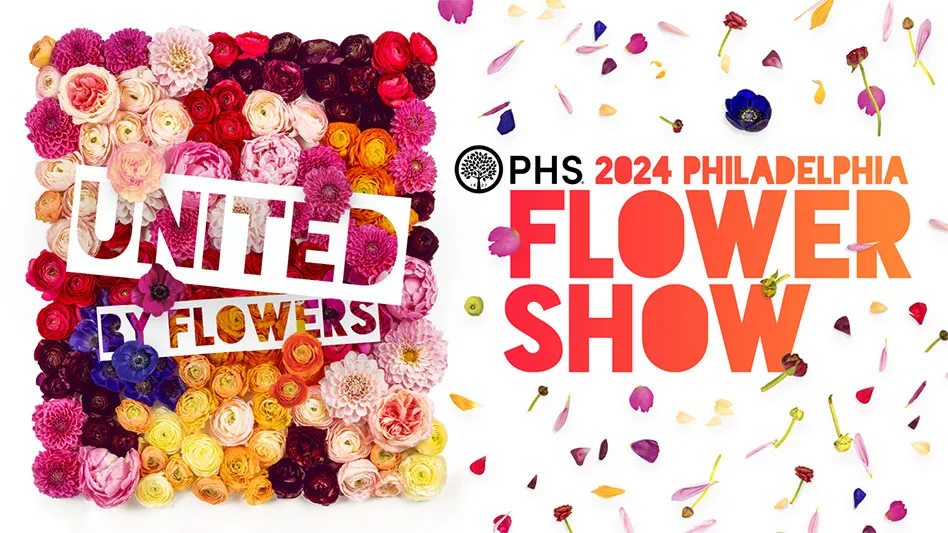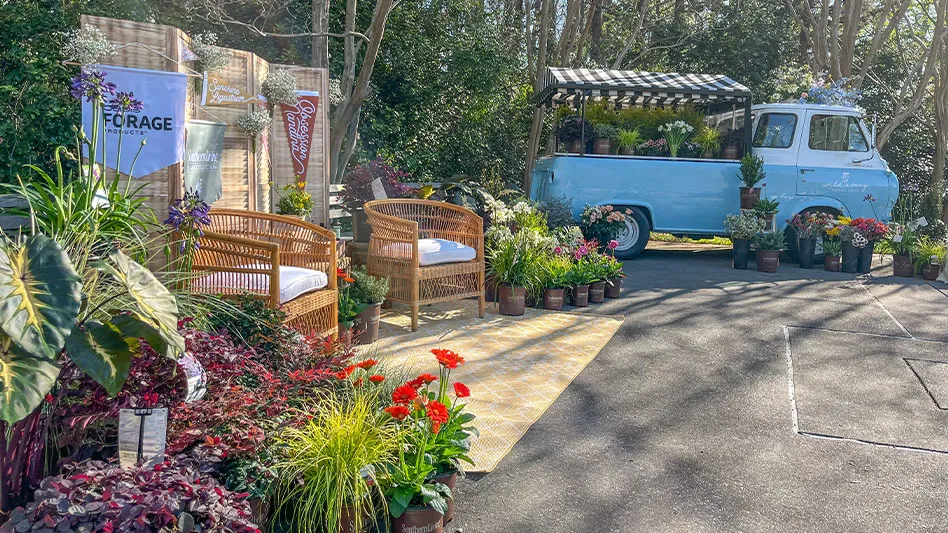
Emily Mills
Welcome to Garden Center magazine's Weekend Reading, a weekly round-up of consumer garden media stories meant to help IGCs focus marketing efforts, spark inspiration and start conversations with consumers.
This week: The possibility of plastic-free gardening, mosquito-deterring plants, a citizen-science gardening experiment, top spring flowers and mapping America's access to nature.
Is plastic-free gardening achievable?, Anchorage Daily News
The hosts of the "Teaming With Microbes" podcast discuss if plastic-free gardening is achievable.
Plants that deter mosquitoes, Ramona Sentinel
Clarence Schmidt shares some plants that deter mosquitoes, which the U.S. Centers for Disease Control and Prevention calls the “world’s deadliest animal.”
‘Citi-Sci: Gardening for Science!’ experiment focuses on gardening preferences and effects on mental health, seeks participants, Purdue University
Gardeners at any level are invited to join Purdue University Extension, the University of Tennessee, Iowa State University and North Carolina State University for the third year of the citizen-science experiment called “Citi-Sci: Gardening for Science!” from May through September 2024.
40 Best Spring Flowers to Beautify Your Backyard, According to Gardening Experts, Parade
Parade magazine shares a selection of spring flowers from gardening experts.
Mapping America's access to nature, neighborhood by neighborhood, The Washington Post
Using satellite imagery and data on dozens of factors — including air and noise pollution, park space, open water and tree canopy — Oregon start-up NatureQuant has distilled the elements of health-supporting nature into a single variable called NatureScore. Aggregated to the level of Census tracts — roughly the size of a neighborhood — the data provide a high-resolution image of where nature is abundant and where it is lacking across the United States, Climate Lab columnist Harry Stevens writes.
Enjoy your reading, have a great weekend and we'll see you next week!
Latest from Garden Center
- Weekend Reading 5/17/24
- GardenComm 2024 Annual Conference registration is open
- Landmark Plastic celebrates 40 years
- Proven Winners introduces more than 100 new varieties for 2025
- Weekend Reading 5/10/24
- The Family Business, Part 2: Agreeing (and disagreeing) on capital investments
- Registration opens for Darwin Perennials Day
- Weekend Reading 5/3/24




